Madison Drafted the Constitution and Bill of Rights
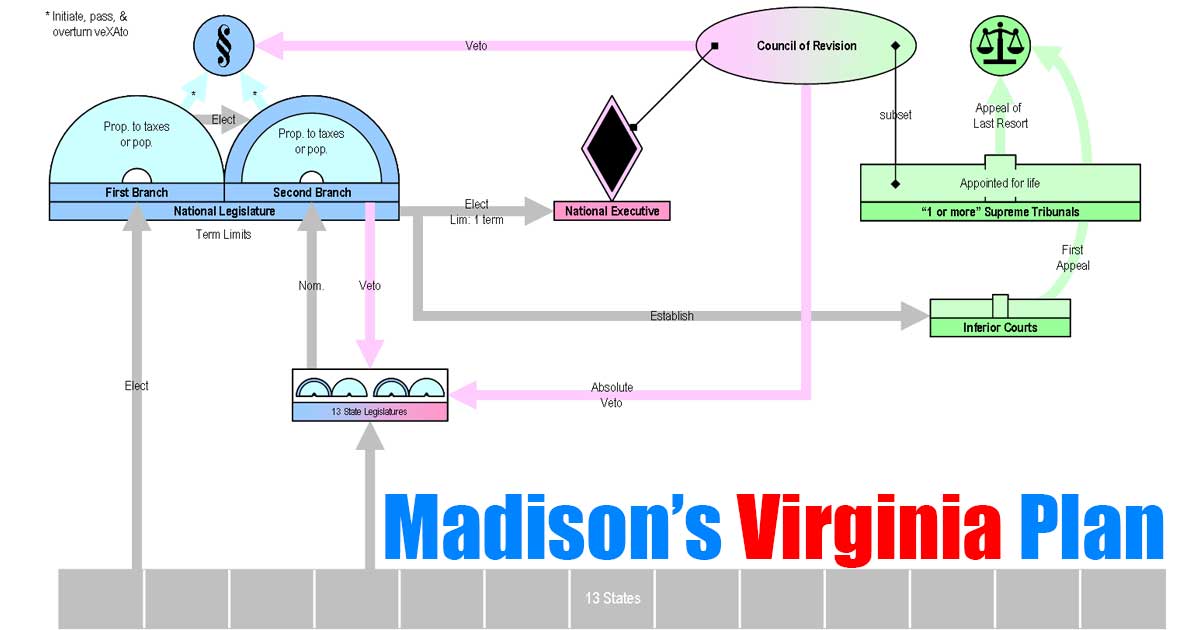
Madison drafted both the Constitution and the Bill of Rights, but he wasn’t the sole author of either, both were debated and approved by committees.
Thinking is a mental process which allows humans to model the world, philosophy is the attempt to understand the world using logic and reason. The world being both the external and the internal, and both the knowable and unknowable.
For an overview of philosophy see our branches of philosophy page, for an introduction to philosophy check out Reason at Work (Amazon). Philosophy includes everything from economic and political philosophies, to the philosophies of emotions and mind, to cosmological and other other metaphysical questions, to the nature of god and religion, to the very nature of what we can know. Given that every subject has a science and philosophy (with the two often merging, such is the case in theoretical physics or mathematics) we have to be careful not to undervalue the practical aspects of this non-science.

Madison drafted both the Constitution and the Bill of Rights, but he wasn’t the sole author of either, both were debated and approved by committees.
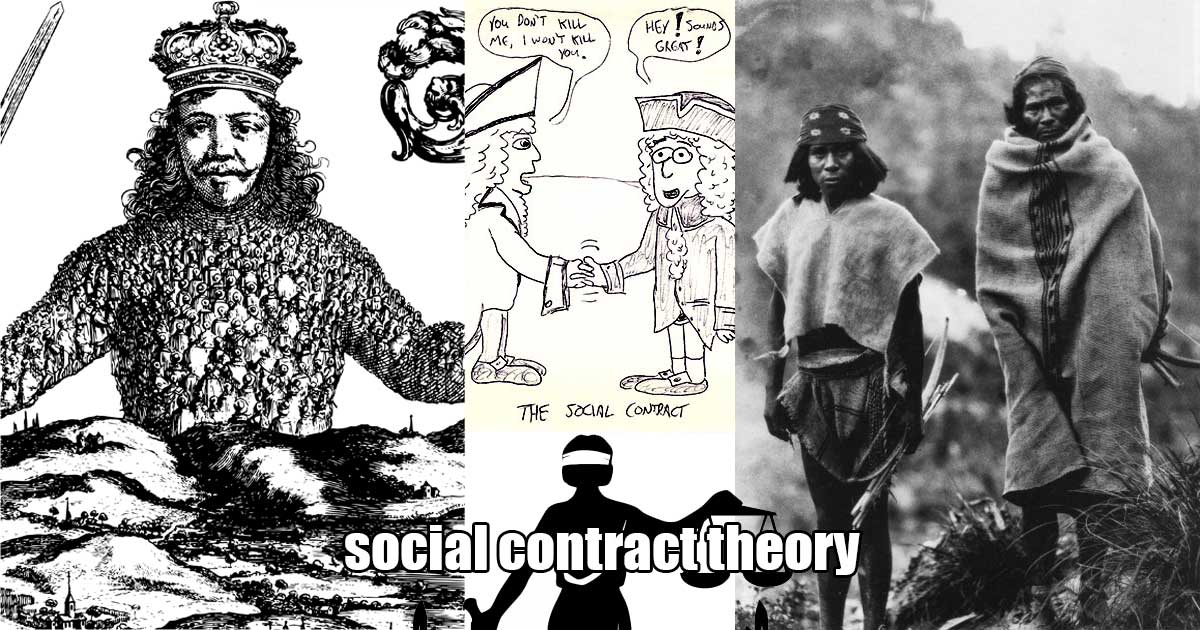
Social Contract Theory is the theory of why people form governments based on how people lived in a State of Nature before government.
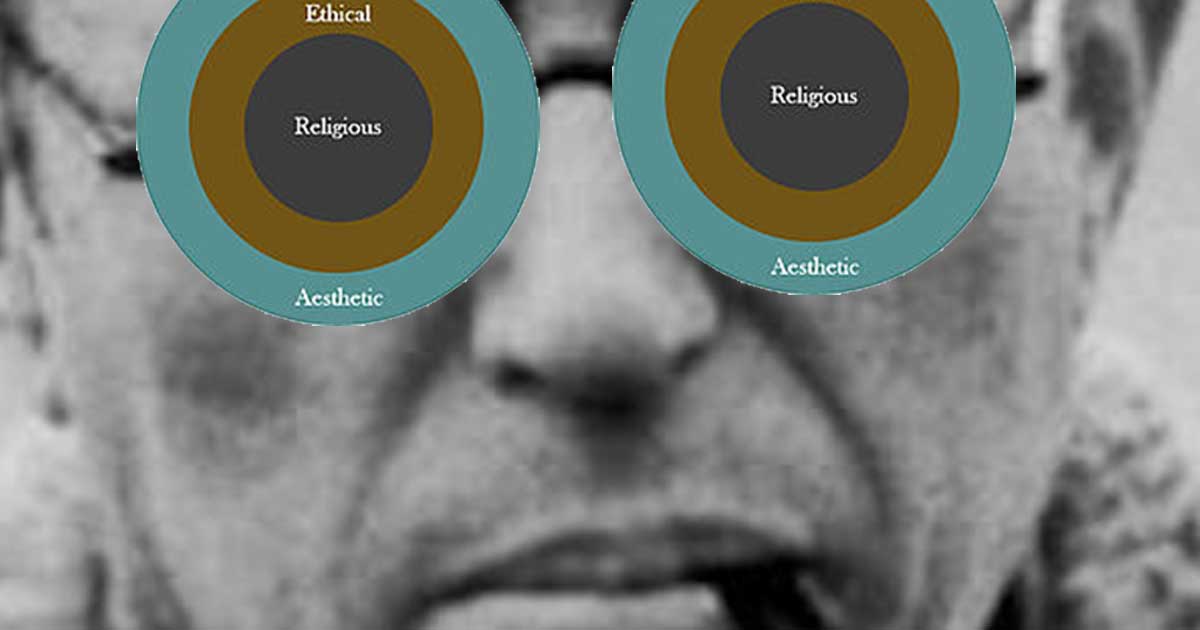
Essentialism is the idea that everything has an essence (something that “makes it, it”). Existentialism says there is no essence (no intrinsic meaning that can be confirmed by the senses or reason).
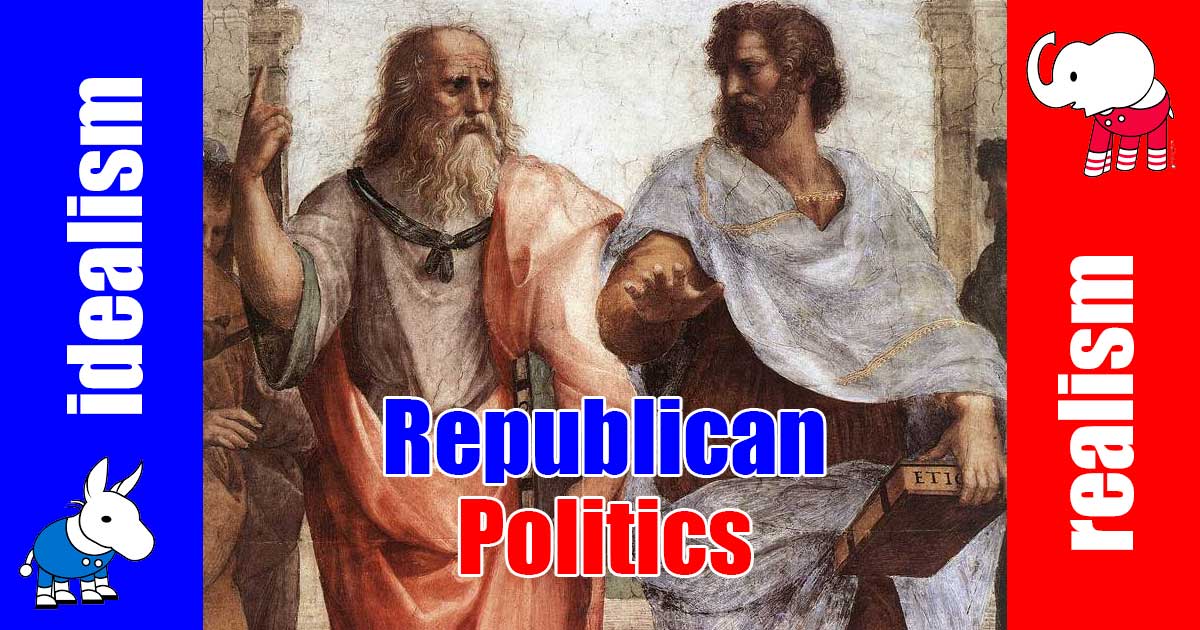
Plato can be understood as the father of rationalism and political philosophy (political idealism), and Aristotle, his student, the father of empiricism and political science (political realism).
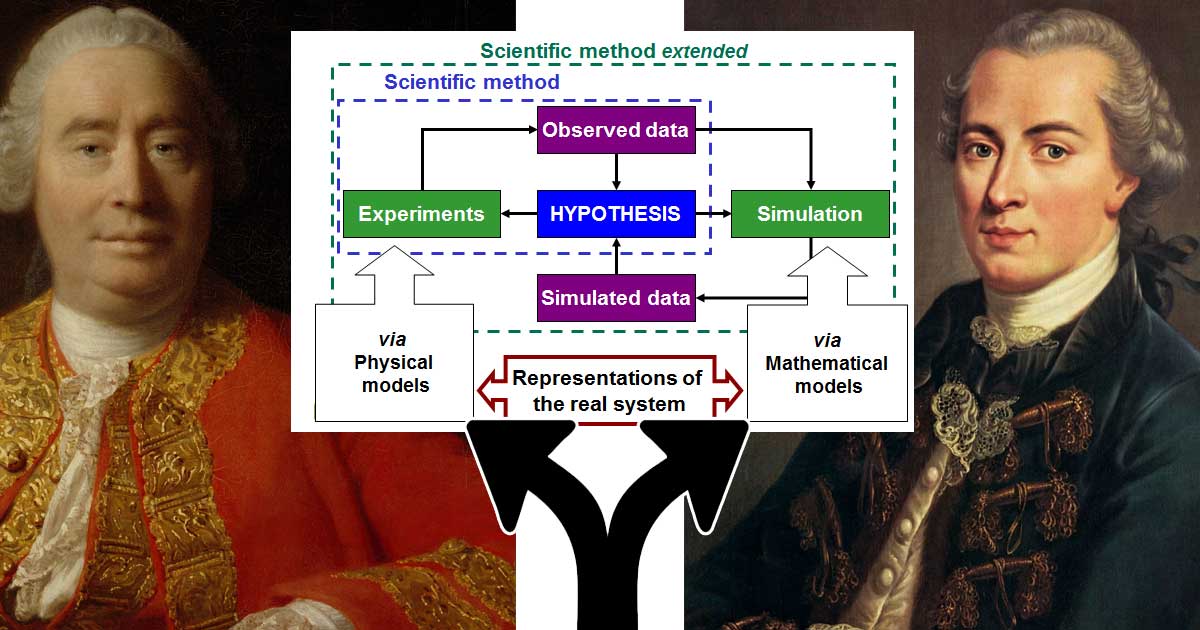
“Hume’s fork” describes how we refer to Kant’s critique of Hume, who separated knowledge into two types: facts based on ideas and facts based on experience.
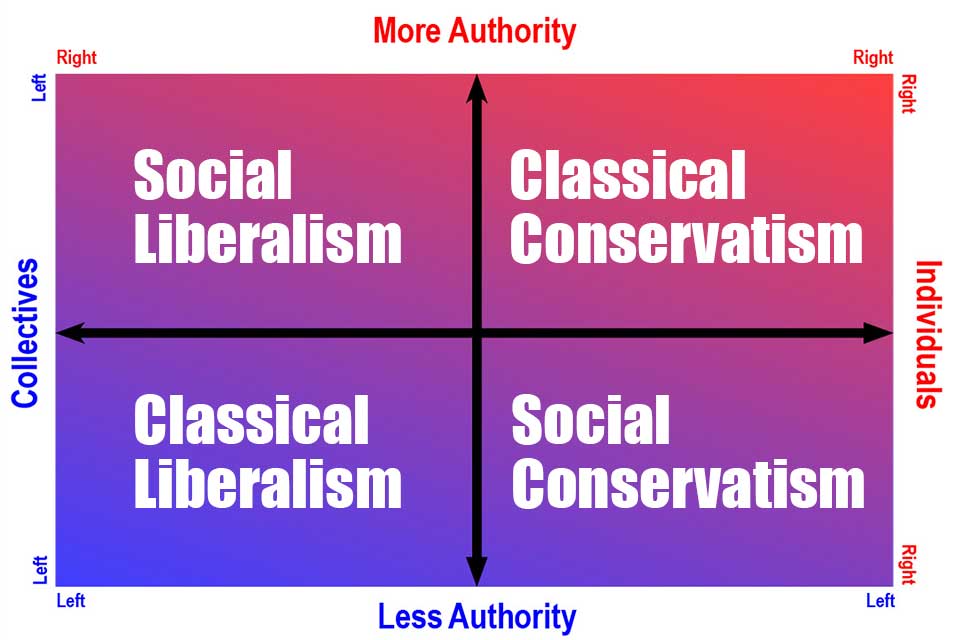
We explain liberalism and conservatism, including the different social and classical types of liberalism and conservatism.

Game theory involves games, but it isn’t the study of games. It is the study of mathematical models of conflict and cooperation regarding decision making.
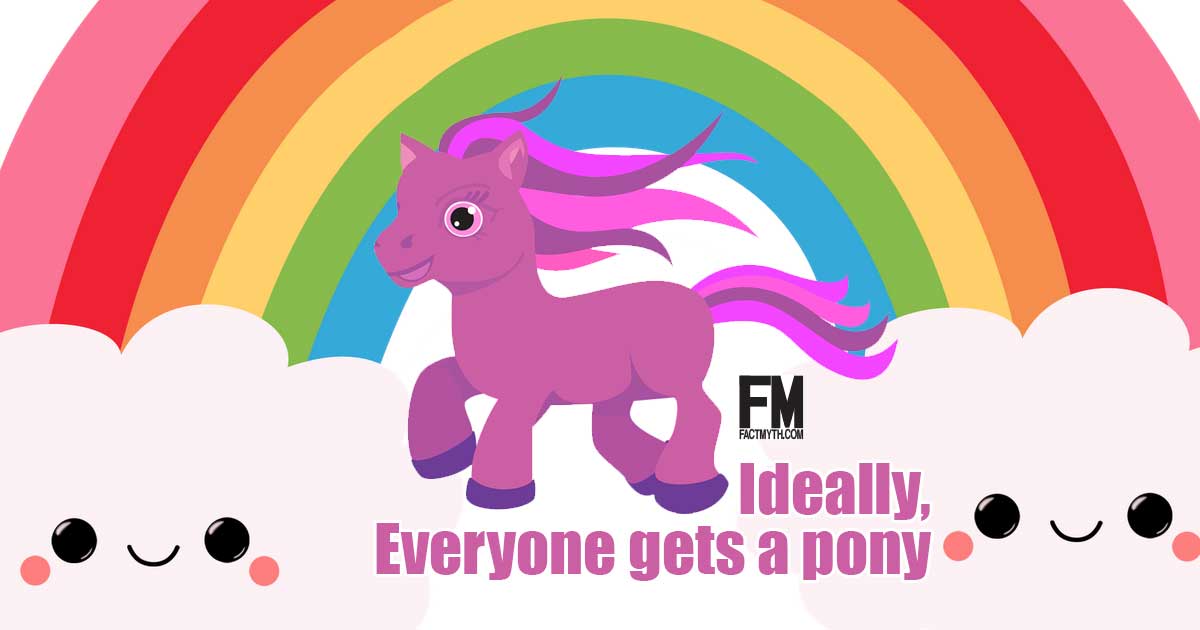
Political realism is dealing with politics as they are in reality, political idealism is dealing with politics as an ideal.

Many (including Rousseau) consider Machiavelli’s The Prince to be satire, expressing a preference for a free republic over a hereditary principality.
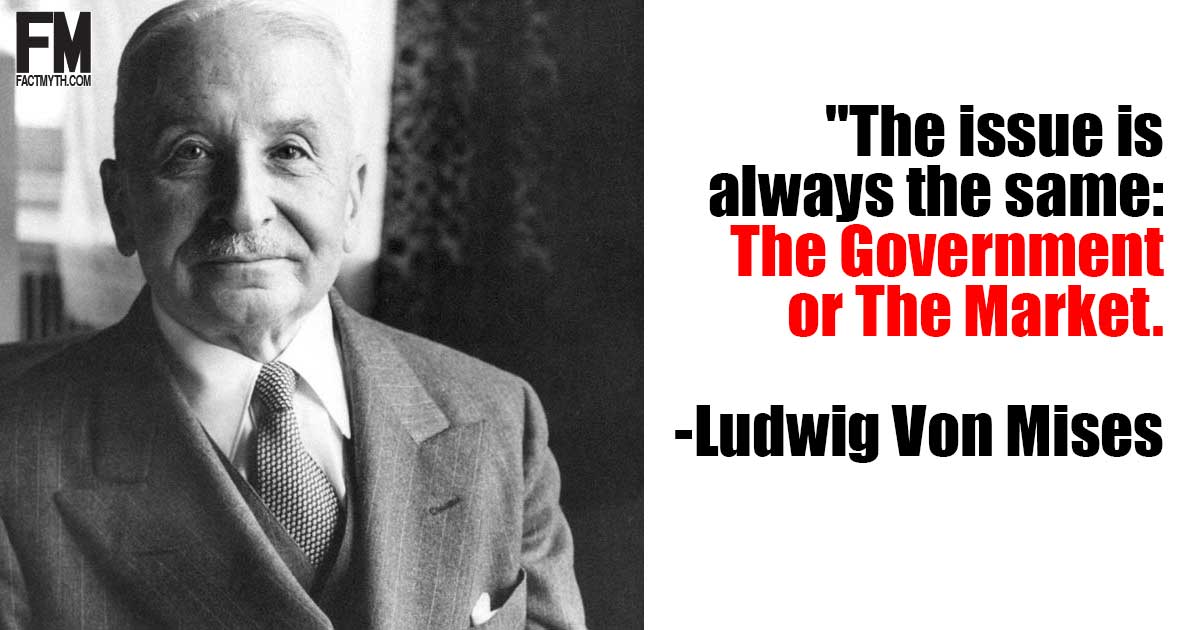
For a given market, the choice always boils down to state intervention vs. the free-market, there is no third option (unless you count mixed-markets).